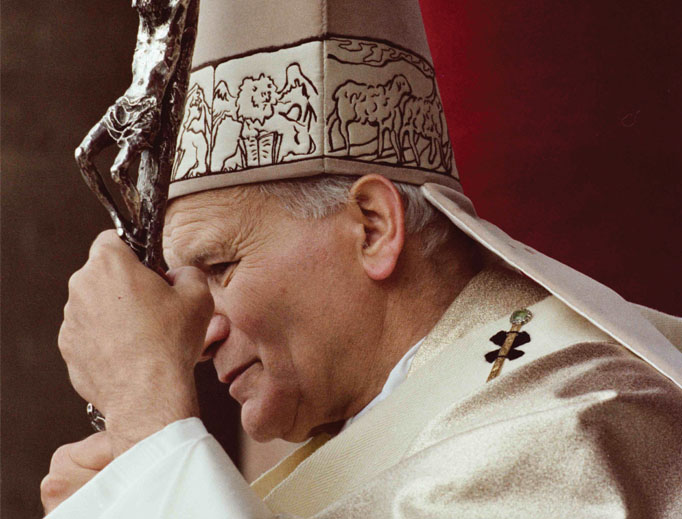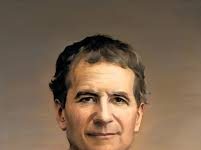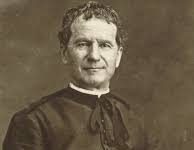Yesterday was, or would have been had it not been the 29th Sunday of Ordinary Time, the feast of Pope Saint John Paul II, crowned as the 264th Pope on October 22nd, 1978, and passing into his eternity on April 2, 2005. We have therefore gone twelve years without his charismatic, joyful, exuberant, highly intelligent, holy, peaceful presence, at least this side of heaven. I for one miss him mightily, and look forward to a hike or two with him in heaven, Deo volente, and by the same God’s good grace.
Yet the great Pontiff left behind for us an immemorial imprint of his unique mind and personality in his voluminous, but clear and precise, writings, on just about every important topic imaginable. He has solidified doctrine, currently being brought into ambiguity and confusion.
Yet, as JP II would say, ‘be not afraid’, for these teachings, along with those of his predecessors, are all there, unassailable. Sure, they can be ignored, but they cannot really be ‘changed’ in any fundamental sense. See part of my interview here for an understanding of what it means for doctrine to ‘develop’. The Church may deepen her understanding of human sexuality, for example, as the Theology of the Body has done, but she may not change her moral principles, as permitting contraception or adultery would do. I still wonder why the long papal letter Amoris Laetitia does not quote John Paul II’s profound moral encyclical Veritatis Splendor in its myriads of paragraphs musing on the morality of complex marital problems, but the infallible and irreformable principles remain nonetheless, for those with eyes to see and ears to hear.
John Paul II, along with his friend and successor Benedict XVI, has left us a treasure trove of teaching. To apply another of JP II’s aphorisms, duc in altum, again, dive into its depths, and, again, repeat it to yourself, be not afraid. These storms too will pass by.
Pope Saint John Paul II, ora pro nobis!












